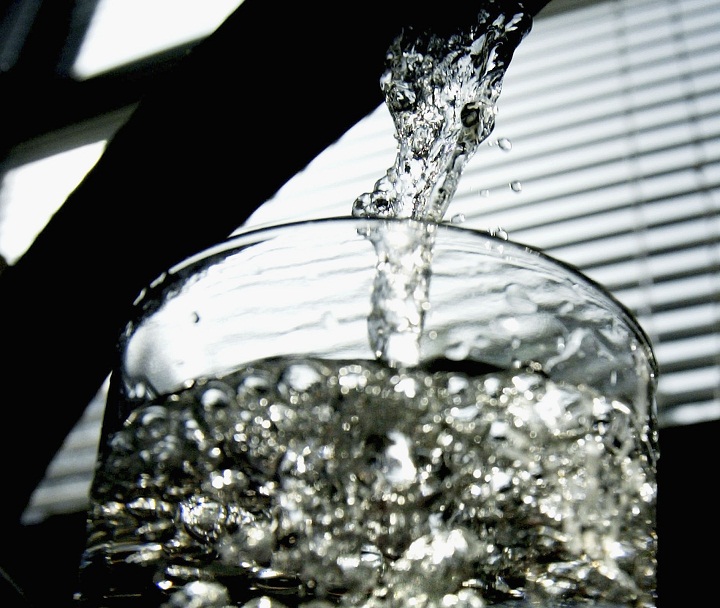Cocaine use in Britain is so prevalent, you only have to look to the country’s drinking water to find proof, British news reports* suggest.

The country’s Drinking Water Inspectorate reported tests of water samples showed traces of benzoylecgonine, which is what cocaine becomes once it has been metabolized in the human body, at four different sites.
Benzoylecgonine is what shows up in positive urine tests for cocaine, the Sunday Times reported.
“We have near the highest level of cocaine use in Western Europe,” Steve Rolles, an analyst at Transform, a drug policy think tank, said in an interview with the Sunday Times. “It has also been getting cheaper and cheaper at the same time as its use has been going up.”
A 2012 report in the Economist noted cocaine was cheaper in the United Kingdom than in other European countries.
The Independent reported “nearly 700,000 people aged 16-59 are estimated to take cocaine every year in Britain,” while there are an estimated 180,000 people dependent on crack cocaine in the country.
The British government reported powder cocaine was the second most used drug in England and Wales, between 2012 and 2013, after cannabis.
The Drinking Water Inspectorate’s Sue Penniston said in an interview with the BBC there was no risk to the public.
“Cocaine was not detected in drinking water. The levels found were not significant for public health and drinking water is safe,” Penniston said, also noting benzoylecgonine is an ingredient in topical analgesics for muscle pain relief.
- 3 women diagnosed with HIV after ‘vampire facials’ at unlicensed U.S. spa
- California mom accidentally invites 487 people to child’s 1st birthday
- ‘Hiroshima-level casualties’ feared in final battle for North Darfur
- Canada is unblocking aid to Afghanistan but delay is ‘extremely frustrating’: advocate
Penniston told the Guardian on Monday “there’s no way of telling which it came from.”
The Inspectorate also found traces of caffeine, ibuprofen and a drug used for epilepsy treatment.
It’s not the first time evidence of Britain’s widespread cocaine use has been documented in public resources.
The British Home Office’ s advisory council for the misuse of drugs (ACMD) reported in 2011 that 11 per cent of banknotes in the country were contaminated with cocaine, up from four per cent six years earlier.
The ACMD blamed later bar closing times for the rise, suggesting young men used cocaine so they could stay awake and drink longer, the Guardian reported.
*CLARIFICATION: This story has been updated to say British news reports suggest the traces of benzoylecgonine found in water were linked to high use of cocaine. An earlier version of this story said “a new report” suggested the link.




Comments